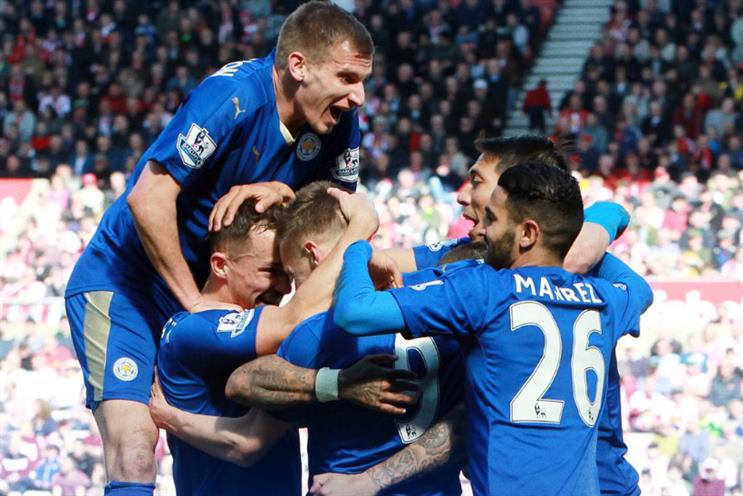
According to Deloitte’s Money League, Leicester City is the 24th-richest football club globally, behind Aston Villa and ahead of Sunderland, with reported revenue of £137.2m in 2014/2015. As a comparison, top club Real Madrid raked in £577m over the same period.
This figure could improve dramatically after Leicester City's performance this season, with the club in a better position to pursue more lucrative sponsorship deals, at least in the short term.
However, there is a cloud. The club is under investigation over concerns from rivals that it has broken the league’s , designed to stop clubs spending beyond their means on player salaries.
As reported by the Guardian, Leicester is being examined by the Football League over its 2013-2014 promotion season to the Premier League from the Championship, when the club struck a deal with third party Trestellar.
Trestellar went on to sell the club’s key sponsorship assets, such as names on the players’ shirts and stadium branding, to King Power. King Power is a duty-free company owned by Vichai Srivaddhanaprabha, who also happens to be the owner of Leicester City.
The deal boosted Leicester City’s commercial income from £5.2m to £16m. This rescued Leicester City from posting a loss, which might otherwise have resulted in a fine under the financial fair play rules. Theoretically, it also enabled the club to spend more money on players, which, it could be argued, has been key to its Premier League success.
This may not sit well with the Football League, according to the Guardian investigation, since, under the rules, losses are not allowed to be reduced by sponsorship money, where the amount paid is above market value.
'Abnormal' sponsorship valuation
Nonetheless, Leicester City's deal with Trestellar isn’t necessarily suspicious in itself, says Steve Martin, CEO of M&C Saatchi Sport and Entertainment.
"Lots of clubs use selling agents to sell tickets, but also selling agencies for sponsorship rights. [Trestellar] is the agency which has been [selling] the rights, and one of those is the shirt sponsorship. It’s not abnormal," he says.
But what is unusual, he adds, is the three-fold increase in commercial income.
"[Leicester City] might argue that the brand has evolved so much - they’re now in the Premier League - that [the value of] sponsorship [has increased] from £5m to £16m. That’s what their argument will be."
Leicester City wouldn’t be the first club to fall foul of the rules, notes Martin, who points to Man City as a previous offender.
"Debt doesn’t matter to the biggest teams from an investment point of view, but from a financial fair play point of view, they can’t be seen to have that debt," he says. "It’s an accounting process."
But there will still be questions for Leicester City and how it reached such a high sponsorship valuation, he says. "They'll be dragged through the mud a bit."

